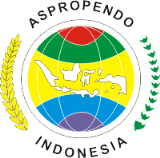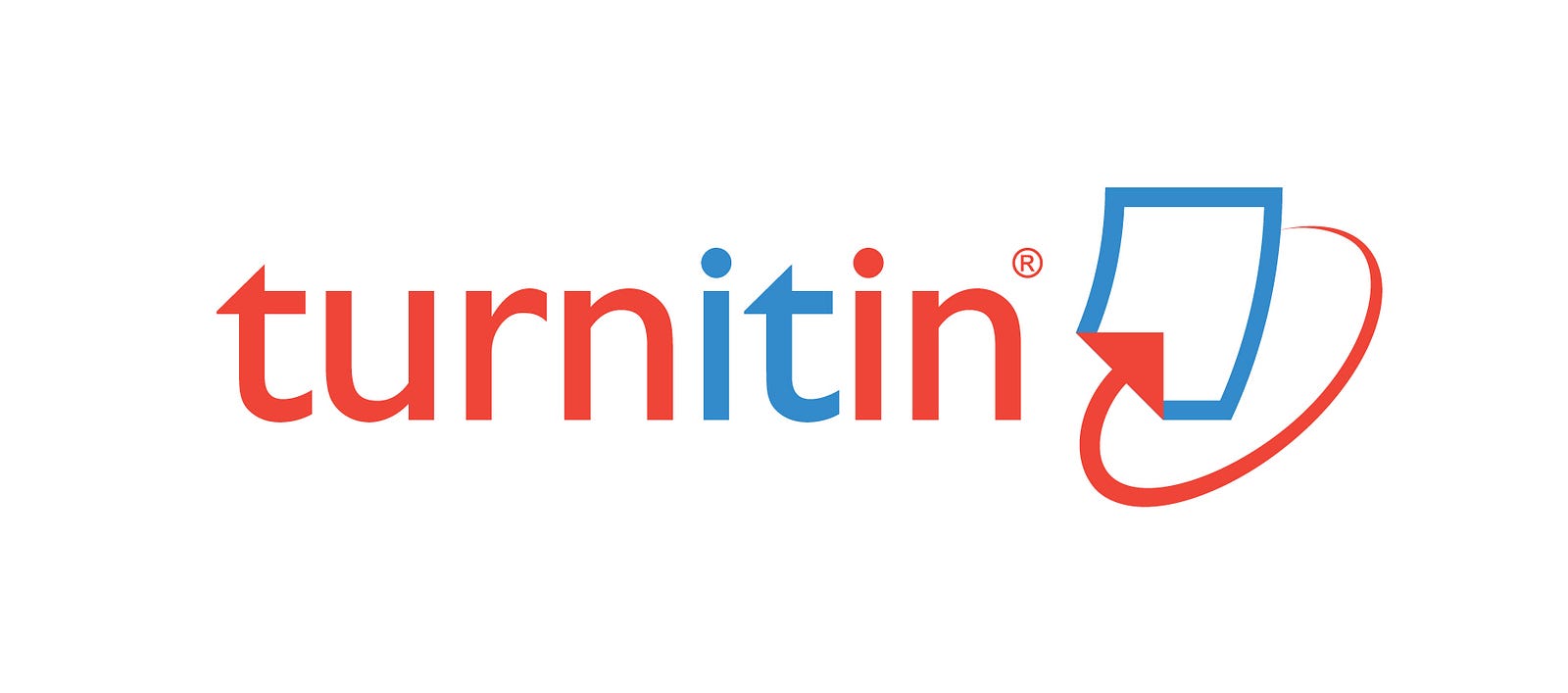Focus and Scope
Jurnal Kewirausahaan dan Bisnis - Journal of Entrepreneurship and Business include original research articles, and reviews on scope of: Entrepreneurship (Education, Ethic, Administration, Digital, Creative Economy, Social, Green/Ecopreneur) and Business (SMEs, Marketing, Financial, Strategic, Management).
Section Policies
Research Articles
Review Articles
Peer Review Process
- All manuscripts must be submitted in English.
- Submitted manuscripts that do not conform to the JKB standards will be returned to authors for correction.
- Submitted manuscripts are reviewed by two reviewers. The review process applies Double Blind method. Reviewed manuscripts are sent back to the corresponding author along with comments from reviewers. Some revision is usually necessary after the reviews, and final acceptance generally depends on the extent of revision. In submitting revised manuscripts, authors are requested to submit explanations on how the revisions were made and the reason why they do not agree with the reviewers for those points on which they have no revision.
- A manuscript is considered withdrawn if the author has not responded in 3 months to a request for revision. The corresponding authors will be notified for acceptance.
Publication Frequency
Jurnal Kewirausahaan dan Bisnis - Journal of Entrepreneurship and Business published twice in a year and it will be published in June and December.
Open Access Policy
This journal provides immediate open access to its content on the principle that making research freely available to the public supports a greater global exchange of knowledge.
The journal is open access journal which means that all content is freely available without charge to users or / institution. Users are allowed to read, download, copy, distribute, print, search, or link to full-text articles in this journal without asking prior permission from the publisher or author. This is in accordance with Budapest Open Access Initiative.
Archiving
This journal utilizes the LOCKSS system to create a distributed archiving system among participating libraries and permits those libraries to create permanent archives of the journal for purposes of preservation and restoration.
Author(s) Fee
This journal charges the following author fees:
Article Submission: Authors are NOT required to pay an Article Submission Fee.
Article Publication Fee: IDR 500,000, if your manuscript is accepted for publication.
Starting at Volume 29 No 1 June 2024, this journal charges the following author fees:
Article Submission: Authors are NOT required to pay an Article Submission Fee.
Article Publication Charge: IDR 850,000 (Domestic Author) USD 50 (Foreign Author), if your manuscript is accepted for publication.
If you do not have funds to pay such fees, you will have an opportunity to waive each fee. We do not want fees to prevent the publication of worthy work.
The waiver is intended primarily for a high-quality article for authors from low-income countries who are without funding.
The author should clearly declare that he/she asks for a waiver in the author comments box during submission. A waiver of author fees will be decided by the editor, and it will not affect the review result.
Plagiarism
Jurnal Kewirausahaan dan Bisnis - Journal of Entrepreneurship and Business uses Turnitin to detect plagiarism.
Papers detected with plagiarism of more than 20% and 2% for each source based on the result of the check, the article will be rejected. You can resubmit/revise the article after the similarity index less than 20% for total similarity and less than 2% for each source.
Publication Ethics
Jurnal Kewirausahaan dan Bisnis - Journal of Entrepreneurship and Business is a peer-reviewed journal published by Entrepreneurship Development Centre, Research Institutions and Community Service, Universitas Sebelas Maret. This statement clarifies the ethical behavior of all parties involved in the act of publishing an article in this journal, including the author, the chief editor, the Editorial Board, the peer-reviewer and the publisher. This statement is based on COPE’s Best Practice Guidelines for Journal Editors.
Ethical Guideline for Journal Publication
The publication of an article in a peer-reviewed Jurnal Kewirausahaan dan Bisnis - Journal of Entrepreneurship and Business is an essential building block in the development of a coherent and respected network of knowledge. It is a direct reflection of the quality of the work of the authors and the institutions that support them. Peer-reviewed articles support and embody the scientific method. It is therefore important to agree upon standards of expected ethical behavior for all parties involved in the act of publishing: the author, the journal editor, the peer reviewer, the publisher and the society.
Entrepreneurship Development Centre, Research Institutions and Community Service, Universitas Sebelas Maret as the publisher of Jurnal Kewirausahaan dan Bisnis - Journal of Entrepreneurship and Business takes its duties of guardianship over all stages of publishing extremely seriously and we recognize our ethical and other responsibilities. We are committed to ensuring that advertising, reprint or other commercial revenue has no impact or influence on editorial decisions. In addition, the Entrepreneurship Development Centre, Research Institutions and Community Service, Universitas Sebelas Maret and Editorial Board will assist in communications with other journals and/or publishers where this is useful and necessary.
Publication Decisions
The editor of the Entrepreneurship Development Centre, Research Institutions and Community Service, Universitas Sebelas Maret journal is responsible for deciding which of the articles submitted to the journal should be published. The validation of the work in question and its importance to researchers and readers must always drive such decisions. The editors may be guided by the policies of the journal's editorial board and constrained by such legal requirements as shall then be in force regarding libel, copyright infringement and plagiarism. The editors may confer with other editors or reviewers in making this decision.
Fair play
An editor at any time evaluates manuscripts for their intellectual content without regard to race, gender, sexual orientation, religious belief, ethnic origin, citizenship, or political philosophy of the authors.
Confidentiality
The editor and any editorial staff must not disclose any information about a submitted manuscript to anyone other than the corresponding author, reviewers, potential reviewers, other editorial advisers, and the publisher, as appropriate.
Disclosure and conflicts of interest
Unpublished materials disclosed in a submitted manuscript must not be used in an editor's own research without the express written consent of the author.
Duties of Reviewers
Contribution to Editorial Decisions
Peer review assists the editor in making editorial decisions and through the editorial communications with the author may also assist the author in improving the paper.
Promptness
Any selected referee who feels unqualified to review the research reported in a manuscript or knows that its prompt review will be impossible should notify the editor and excuse himself from the review process.
Confidentiality
Any manuscripts received for review must be treated as confidential documents. They must not be shown to or discussed with others except as authorized by the editor.
Standards of Objectivity
Reviews should be conducted objectively. Personal criticism of the author is inappropriate. Referees should express their views clearly with supporting arguments.
Acknowledgment of Sources
Reviewers should identify relevant published work that has not been cited by the authors. Any statement that an observation, derivation, or argument had been previously reported should be accompanied by the relevant citation. A reviewer should also call to the editor's attention any substantial similarity or overlap between the manuscript under consideration and any other published paper of which they have personal knowledge.
Disclosure and Conflict of Interest
Privileged information or ideas obtained through peer review must be kept confidential and not used for personal advantage. Reviewers should not consider manuscripts in which they have conflicts of interest resulting from competitive, collaborative, or other relationships or connections with any of the authors, companies, or institutions connected to the papers.
Duties of Authors
Reporting standards
Authors of reports of original research should present an accurate account of the work performed as well as an objective discussion of its significance. Underlying data should be represented accurately in the paper. A paper should contain sufficient detail and references to permit others to replicate the work. Fraudulent or knowingly inaccurate statements constitute unethical behavior and are unacceptable.
Data Access and Retention
Authors are asked to provide the raw data in connection with a paper for editorial review, and should be prepared to provide public access to such data (consistent with the ALPSP-STM Statement on Data and Databases), if practicable, and should in any event be prepared to retain such data for a reasonable time after publication.
Originality and Plagiarism
The authors should ensure that they have written entirely original works, and if the authors have used the work and/or words of others that this has been appropriately cited or quoted.
Multiple, Redundant or Concurrent Publication
An author should not, in general, publish manuscripts describing essentially the same research in more than one journal or primary publication. Submitting the same manuscript to more than one journal concurrently
constitutes unethical publishing behavior and is unacceptable.
Acknowledgment of Sources
Proper acknowledgment of the work of others must always be given. Authors should cite publications that have been influential in determining the nature of the reported work.
Authorship of the Paper
Authorship should be limited to those who have made a significant contribution to the conception, design, execution, or interpretation of the reported study. All those who have made significant contributions should be listed as co-authors. Where there are others who have participated in certain substantive aspects of the research project, they should be acknowledged or listed as contributors. The corresponding author should ensure that all appropriate co-authors and no inappropriate co-authors are included on the paper and that all co-authors have seen and approved the final version of the paper and have agreed to its submission for publication.
Hazards and Human or Animal Subjects
If the work involves chemicals, procedures or equipment that have any unusual hazards inherent in their use, the author must clearly identify these in the manuscript.
Disclosure and Conflicts of Interest
All authors should disclose in their manuscript any financial or another substantive conflict of interest that might be construed to influence the results or interpretation of their manuscript. All sources of financial support for the project should be disclosed.
Fundamental errors in published
When an author discovers a significant error or inaccuracy in his/her own published work, it is the author’s obligation to promptly notify the journal editor or publisher and cooperate with the editor to retract or correct the paper.













